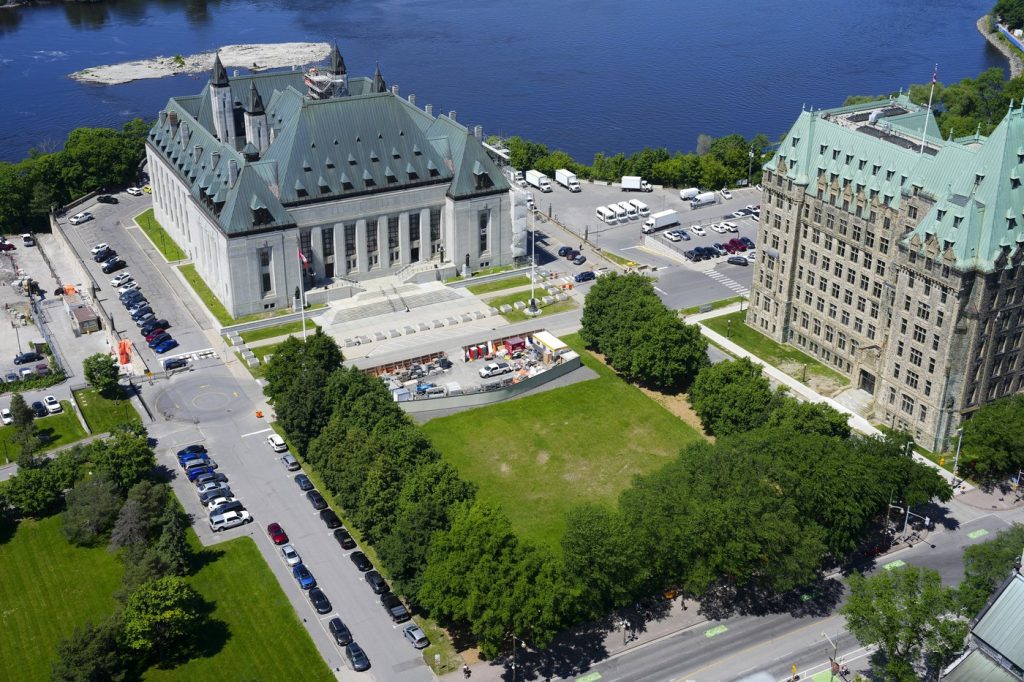MONTREAL The Alberta government has asserted that the notwithstanding clause is a crucial component of the Canadian constitution, and it is urging the Supreme Court of Canada to avoid undermining its significance. This statement comes as part of Alberta's submissions in a landmark case regarding Quebec's secularism law, commonly referred to as Bill 21.
The province's attorney general submitted its position in the case this morning, emphasizing the importance of the notwithstanding clause as a "hard-fought and hard-won compromise" achieved during constitutional negotiations. Alberta argues that this clause is vital for preserving the parliamentary sovereignty of provinces across the country.
Alberta's support is directed towards the Quebec government, which is defending its use of the notwithstanding clause when implementing Bill 21 in 2019. This legislation prohibits public sector workers, particularly those in positions of authority such as teachers, police officers, and judges, from wearing religious symbols while on duty.
The debate over Bill 21 has been contentious, sparking significant public discourse about religious freedoms and the rights of individuals in a secular state. Proponents of the law, including the Quebec government, argue that it is necessary to maintain secularism in public spaces, particularly in educational and judicial institutions. Critics, however, contend that the law infringes upon citizens' rights to express their religious beliefs openly.
Prime Minister Mark Carney has voiced opposition to the pre-emptive application of the notwithstanding clause. This clause allows provincial and federal governments to temporarily override specific rights granted under the Canadian Charter of Rights and Freedoms. Carney's position underscores a growing concern among some Canadian political leaders and legal scholars about the potential ramifications of using the notwithstanding clause, suggesting that it might set a troubling precedent regarding the protection of fundamental rights.
The Supreme Court of Canada's involvement in this case is pivotal, as its ruling could have far-reaching implications for both the interpretation of the notwithstanding clause and the future of religious expression in public life across Canada. The court’s decision will likely influence how other provinces may approach similar legislation and the application of the notwithstanding clause in future legal contexts.
This situation reflects a deeper societal conflict regarding the balance between religious freedoms and secularism within Canada, raising questions about how diverse views on religion can coexist within a democratic framework. As legal experts, politicians, and citizens eagerly await the outcome of this case, it remains to be seen how the court will navigate these complex issues.
This case exemplifies a critical moment in Canadian law and governance, one that could redefine the landscape of rights and freedoms in the country. As the proceedings unfold, attention will be focused not only on the legal arguments presented but also on the broader implications for national unity and the respect for diverse traditions within Canada's multicultural society.











